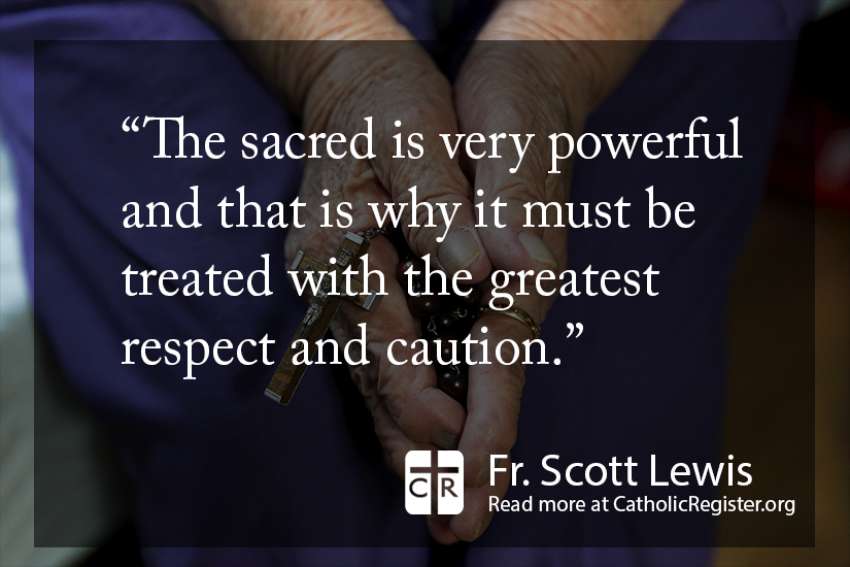When a ship runs aground or is involved in a disaster, the captain is held responsible. Since he was in charge, he should have exercised leadership and oversight of his ship and crew. So it is with a people and nation — often the blame for moral decay can be laid at the doorstep of its leaders.
In the mid-5th century BC, Malachi addressed stern — almost harsh — words to Israel’s religious establishment. The Israelites had returned from exile and the temple had been partially rebuilt, but it was a shadow of its predecessor. Israel’s previous glory days were gone — lacklustre and insincere worship was the order of the day.
The religious leaders had failed to set a good example or instruct the people in the ways of the Lord. Predictably, moral and spiritual rot had taken hold of the nation.
The prophecy promised curses and punishment for the leadership as a sort of motivation talk. The heart of the problem lay in the last couple of lines. The author wistfully asked, have we not all one father? Has not one God created us? If that is so, why are we so faithless to one another?
It appears that social bonds had broken down completely. Cynicism, selfishness and callousness had replaced the close bonds of spiritual kinship and the concern for justice that had been the hallmark of earlier Israelite generations. In being faithless with one another, the covenant with God had been profaned.
Malachi was the last of the prophets and the last book of the Old Testament. The prophet promised a distressing time of purification and refining that would occur with God’s visitation. Elijah was the one that would prepare the way, kindle the minds and hearts of the people. This forms the backdrop of the ministry of John the Baptist, who was viewed by many as Elijah preaching the end of days.
In our own time, the Church has been wounded by the spectacular failures of some of those in authority. The sexual abuse crisis is certainly at the top of the list, although financial abuses and misuse of power run a close second.
This has spread disillusionment, cynicism and distrust among many of the faithful. And to be fair, there is a creeping materialism and spiritual sloth among many that reflects the values of our culture. In the end, as Malachi insists, we all have one God and we should keep faith with each other. We could also work on being more kind and civil to one another, for we are all on this journey together.
Paul gave a good example of leadership — he cared deeply for those in his community and was willing to give his all for their well-being. He used the metaphor of a nurse’s tenderness for her children to describe his own actions and feelings.
It is obvious that Paul had not forgotten Malachi’s closing exhortation — would that we show the same tenderness and care.
We would be mistaken if we assumed that the denunciation of the Pharisees in the Gospel passage referred only to a group of people 2,000 ago. The target is the human tendency, present in all faith traditions, to use religion to inflate the ego and lord it over others.
The sacred is very powerful and that is why it must be treated with the greatest respect and caution. Misused to serve the self instead of others, it can bring spiritual and moral ruin.
The sort of behaviour described by Jesus in this passage is easily witnessed at any religious gathering, and it can be both amusing and disheartening to watch.
The message of Jesus was humility, service and active compassion, not exalting the self at the expense of others.
Pope Francis exhorts leaders not only to serve the sheep, but to also “smell like the sheep” — to share their lot. But why not call anybody rabbi, father or teacher?
Giving up one’s freedom is comforting for some. It seems easier to be told what to do and think. This is a simple warning not to give away the most precious gift we have — direct access to God and the right to be taught directly by Jesus.
We are all on this life journey together
By David Chen, The Catholic Register31st Sunday in Ordinary Time, Nov. 5 (Year A) Malachi 1:14-2:2, 8-10; Psalm 131; 1 Thessalonians 2:7-9, 13; Matthew 23:1-12
Tagged under:


